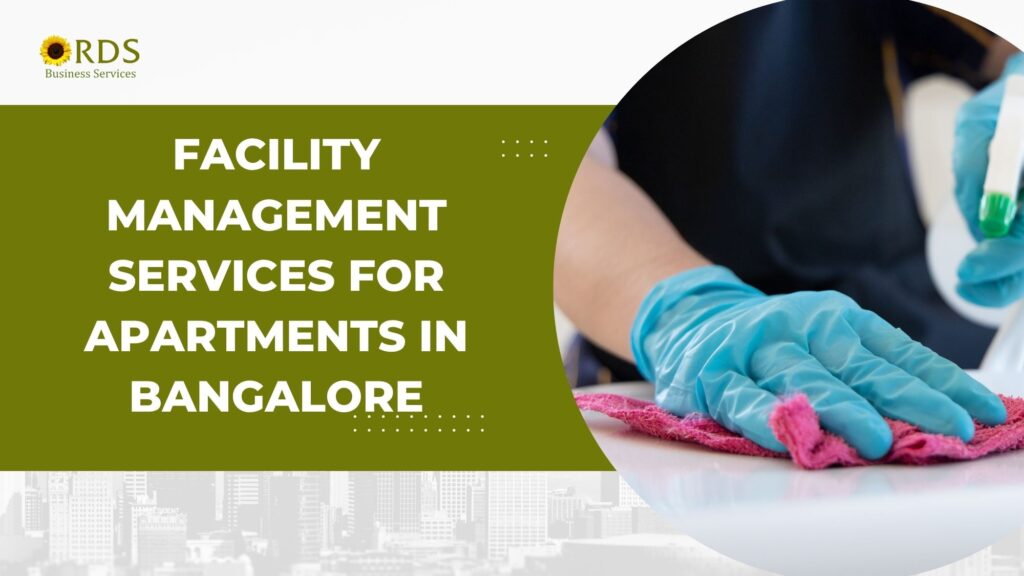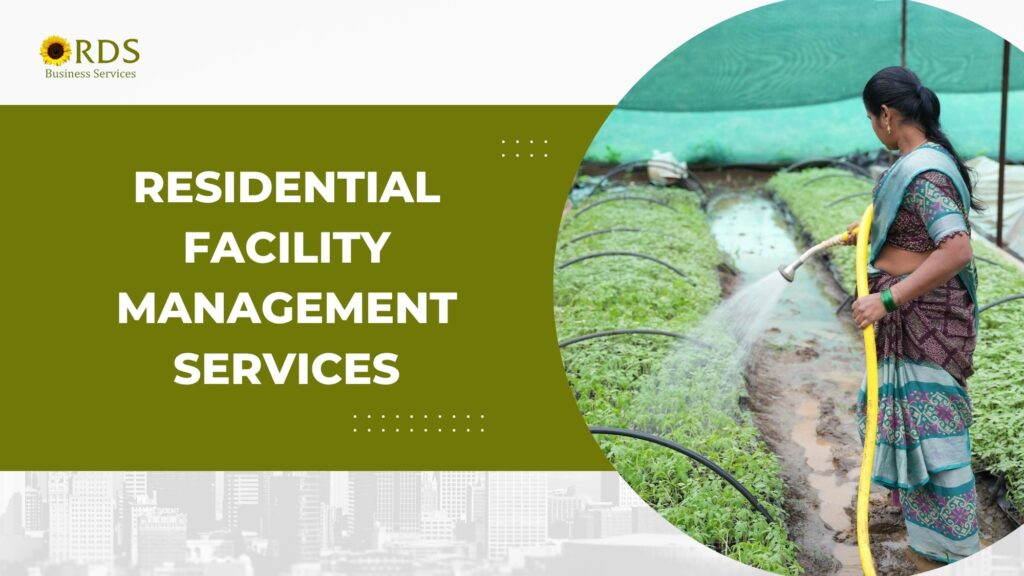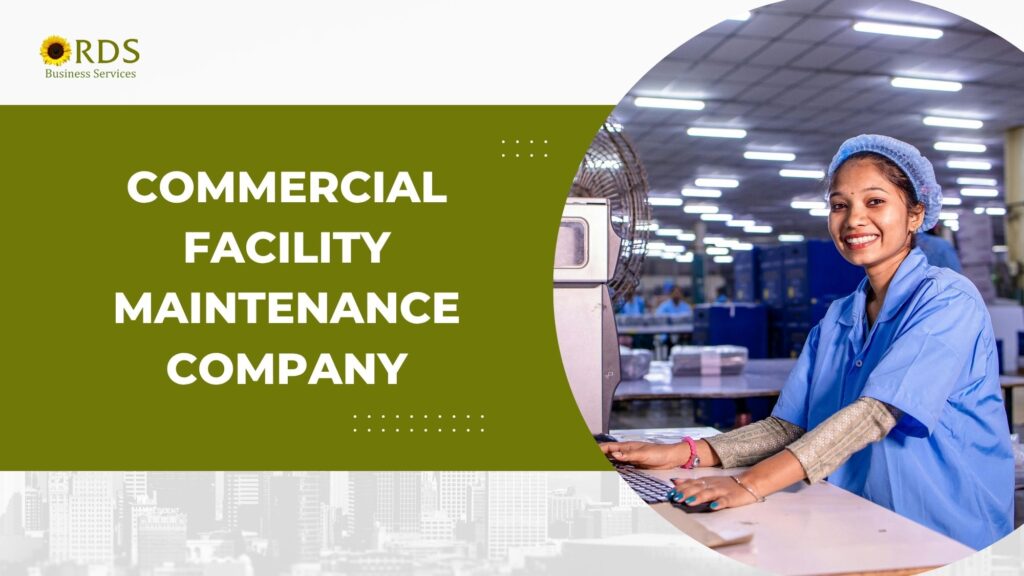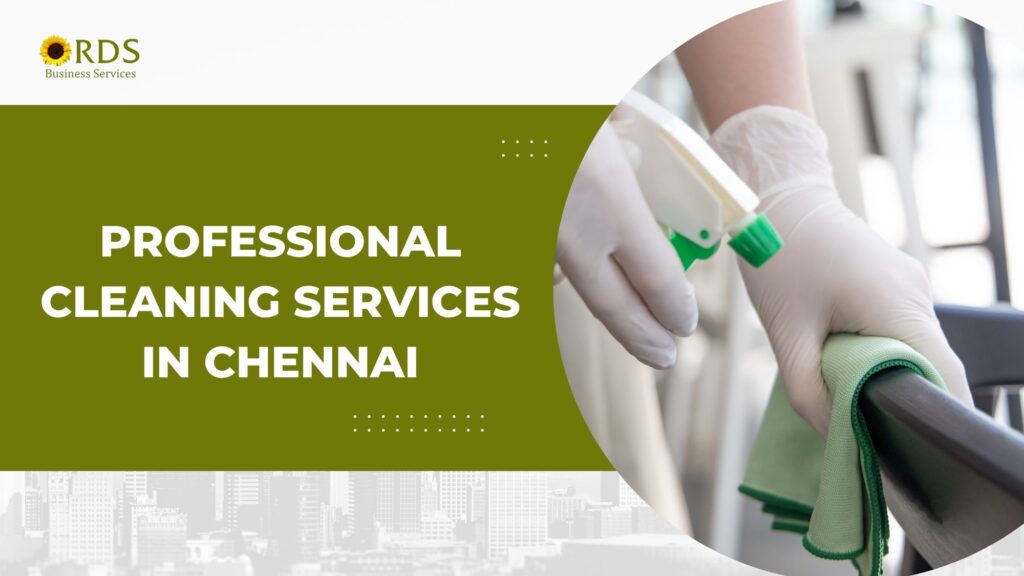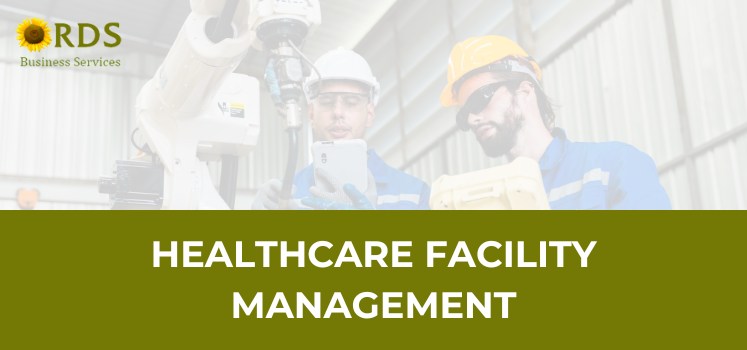
Table of Contents
The world of medicine shines a spotlight on the tireless efforts of doctors, nurses, and researchers. But behind the scenes, another crucial player ensures the smooth operation of healthcare institutions: healthcare facility management (HFM). HFM plays an often underappreciated yet vital role in safeguarding patient safety and fostering a superior quality of care. This article delves into the significance of healthcare facility management in safeguarding patient safety and enhancing overall healthcare delivery.
The Core Functions of Healthcare Facility Management
Consider a scenario where a critical surgery is delayed because a life-saving piece of equipment malfunctions. Or a scenario where a data breach exposes sensitive patient information. These situations, while nightmarish, highlight the critical role Healthcare Facility Management plays in ensuring a safe and efficient environment for delivering exceptional patient care. The Facility Management professionals are the silent guardians behind the scenes, working tirelessly to prevent such scenarios and foster a smooth-running healthcare ecosystem. They are the ones who ensure the lights stay on, the temperature is comfortable, and the medical equipment functions flawlessly. But their contributions extend far beyond basic maintenance. Healthcare Facility Management plays a vital role in infection control, waste management, building security, and emergency preparedness – all crucial aspects of safeguarding patient well-being.
1. Maintaining a Sterile Environment:
Hospitals are breeding grounds for potential pathogens. The Facility Management professionals act as the unsung guardians against infection by meticulously maintaining a sterile environment. This multi-pronged approach involves:
- Rigorous Housekeeping Protocols: HFM goes beyond surface cleaning. They establish comprehensive protocols for disinfection and sterilization, ensuring high-touch surfaces, medical equipment, and patient rooms are free of harmful pathogens. This may involve using hospital-grade disinfectants, employing specific cleaning techniques, and following established schedules for cleaning high-risk areas like operating rooms and isolation units.
- Effective Waste Management: HFM implements a robust waste management system to prevent the spread of infections through contaminated waste. This includes proper segregation of biohazardous materials, sharps, and regular waste, using designated disposal containers, and ensuring safe and timely removal from patient care areas.
- Proactive Pest Control: Pests like rodents and insects can pose a significant threat in healthcare settings by carrying and transmitting diseases. The professionals work closely with licensed pest control companies to implement preventative measures like sealing entry points, conducting regular inspections, and using environmentally friendly pest control methods to minimize the risk of infestation.
- Optimal Ventilation Systems: Proper ventilation plays a crucial role in maintaining air quality and reducing the spread of airborne pathogens. HFM ensures regular maintenance of ventilation systems, replacing air filters, and monitoring air pressure to create a clean and healthy environment for patients and staff. Additionally, strategically placed air purifiers can further minimize airborne contaminants, especially in high-risk areas.
By implementing these comprehensive strategies, The Hospital Facility Management professionals create a safe haven for patients, minimizing the risk of hospital-acquired infections and promoting faster healing.
2. Ensuring Building Safety and Security:
A healthcare facility needs to be a safe haven for patients, staff, and sensitive information. HFM ensures this through:
- Fire Safety Protocols: HFM oversees fire safety protocols, conducting regular fire drills and inspections of fire alarms and extinguishers. They work closely with local fire departments to ensure compliance with all necessary regulations. This proactive approach minimizes the risk of fire and ensures a swift response in case of emergencies.
- Building Maintenance: Regular inspections and maintenance of the building infrastructure are crucial for patient safety. The FMS schedules preventive maintenance for electrical systems, plumbing, and structural integrity. This ensures a safe and functional environment for delivering patient care.
- Security Measures: HFM implements security measures to safeguard patients, staff, and sensitive medical information. This may involve access control systems (key cards, security codes), security cameras in designated areas, and trained security personnel. By establishing a secure environment, HFM protects patient privacy and ensures the confidentiality of medical records.
Read: The Importance of Security in Healthcare Facilities: An In-Depth Exploration
3. Emergency Preparedness:
Healthcare facilities operate around the clock, and emergencies can strike at any moment. A sudden power outage plunging the hospital into darkness, a natural disaster disrupting normal operations, or even a seemingly minor incident like a burst pipe can quickly escalate into a critical situation. In the face of such unforeseen events, a well-defined emergency preparedness plan becomes the cornerstone of maintaining patient safety and ensuring a swift and effective response. Here’s how HFM professionals play a crucial role in emergency preparedness:
- Emergency Response Plans: HFM teams collaborate with medical staff, emergency responders, and other stakeholders to develop comprehensive emergency response plans. These plans outline procedures for various emergencies, such as natural disasters, power outages, fires, hazardous material spills, and even mass casualty events. The plans clearly define roles and responsibilities for staff members, ensuring everyone knows exactly what to do in an emergency.
- Regular Drills and Training: Effective emergency response plans are only as good as the level of preparedness of the staff. HFM facilitates regular drills and training exercises to ensure staff members are familiar with the emergency protocols, evacuation procedures, and the use of emergency equipment. Drills can include simulating different emergencies, practicing communication protocols, and testing the functionality of backup systems.
- Maintaining Emergency Supplies and Equipment: Hospital Facility Management maintains a well-stocked inventory of essential supplies and equipment for emergencies. This may include backup generators, flashlights, first-aid kits, communication devices, and personal protective equipment (PPE). Regularly checking and replacing expired supplies ensures staff has the resources they need to handle any situation.
- Communication and Coordination: Clear communication is vital during emergencies. The Facility Management Services establishes a communication hierarchy and ensures all staff members are aware of the designated channels for receiving instructions and relaying information. This facilitates a coordinated response and minimizes confusion during critical situations.
- Post-Incident Evaluation: After an emergency, the Hospital Facility Management team plays a crucial role in evaluating the response and identifying areas for improvement. By analyzing performance during the event, HFM can refine emergency plans, update training procedures, and ensure the healthcare facility is even better prepared for future emergencies.
By proactively planning, training, and maintaining essential resources, the Facility Management professionals transform a healthcare facility into a resilient fortress, prepared to weather any storm and ensure patient safety during unforeseen events.
Read: Facility Management Solutions for Every Industry
Healthcare Facility Management Fosters Quality Care
While ensuring a safe environment is fundamental, Healthcare Facility Management also contributes to a better overall healthcare experience. Here’s how:
- Creating a Comforting Atmosphere: The Facility Management services maintain a comfortable temperature, proper lighting, and a well-functioning infrastructure. This creates a healing environment that promotes patient well-being and recovery. For example, studies have shown that exposure to natural light can improve sleep quality, reduce stress, and even aid in pain management. This can be achieved by maximizing natural light in patient rooms and common areas. Additionally, HFM ensures proper ventilation to control airborne contaminants and create a fresh and inviting atmosphere. Furthermore, a well-functioning infrastructure includes reliable plumbing, electrical systems, and functioning call buttons. These features ensure patients’ basic needs are met promptly and they feel safe and secure in their surroundings.
- Optimizing Resource Management: HFM implements cost-containment strategies for managing utilities, supplies, and energy consumption. These savings can then be redirected toward patient care, allowing hospitals to invest in newer technologies and improve the overall quality of care. For example, by implementing energy-efficient lighting and HVAC systems, HFM can reduce operational costs. These savings can then be used to purchase state-of-the-art medical equipment or fund staff training programs, ultimately enhancing the care provided to patients.
- Data-Driven Decision Making: Modern HFM utilizes data analytics to identify areas for improvement across the healthcare facility. This can include optimizing patient flow by analyzing patient wait times in different departments and streamlining scheduling processes. They can also use data to minimize wait times in emergency rooms by predicting surges in patient volume and allocating resources accordingly. Additionally, data analysis can help them strategically place staff and resources throughout the facility to ensure better accessibility for patients and staff. For instance, by analyzing patient traffic patterns, HFM can identify high-demand areas and ensure sufficient staffing levels or place frequently used equipment in convenient locations.
Healthcare facility management is the backbone of a well-functioning healthcare system. Ensuring patient safety and a positive environment is a constant concern for healthcare facilities. Studies show that proper Healthcare Facility Management practices can reduce hospital-acquired infections by up to 30% and improve patient satisfaction by 20%.
We, at RDS Facility Management Services, understand the critical role we play in your success. That’s why we take a multifaceted approach, implementing cutting-edge infection prevention protocols, meticulously maintaining equipment, and upholding rigorous security measures.
Let RDS conduct a free Facility Management audit to identify areas for improvement in your facility. Empower your team to focus on what matters most: delivering life-altering care.
Frequently Asked Questions (FAQs)
1. What is healthcare facility management, and why is it important?
Healthcare facility management involves maintaining and operating healthcare environments like hospitals, clinics, and care centers. It’s crucial because it ensures a safe, clean, and functional space that supports patient care and safety.
2. How does facility management impact patient safety?
Proper facility management reduces risks like infections, equipment failures, and emergency hazards. By maintaining a clean and well-organized environment, healthcare providers can focus on delivering safe and effective treatment.
3. What are the key responsibilities of a healthcare facility manager?
A healthcare facility manager oversees maintenance, compliance with health regulations, waste management, security, and infrastructure improvements — all essential for ensuring uninterrupted patient care.
4. How can poor facility management affect patient outcomes?
Neglecting facility upkeep can lead to delays in care, increased infection rates, equipment breakdowns, and even serious safety incidents, all of which directly impact patient health and satisfaction.
5. What role does technology play in modern healthcare facility management?
Smart systems and software help monitor building performance, track equipment maintenance, manage patient flow, and even predict failures before they happen, improving efficiency and safety.
6. Is healthcare facility management only about infrastructure?
No, it also includes managing support services like housekeeping, food services, and waste disposal all of which contribute to a healing and hygienic patient environment.
7. How often should a healthcare facility be inspected or audited?
Regular inspections often quarterly or annually, depending on local regulations, are essential for compliance and safety. Emergency systems and high-risk areas may require more frequent checks.
8. Can good facility management improve patient satisfaction scores?
Absolutely. A well-maintained, quiet, and clean environment makes patients feel more comfortable and cared for, directly influencing their perception of care quality and boosting satisfaction ratings.
9. What are the compliance standards for healthcare facilities?
Healthcare facilities must comply with local health authority regulations, fire safety codes, infection control standards (like CDC or WHO guidelines), and international best practices for facility safety and hygiene.
10. Why should hospitals invest in professional facility management services?
Professional management ensures that experts handle critical aspects of building operations, compliance, and emergency preparedness, allowing clinical staff to focus solely on patient care.




